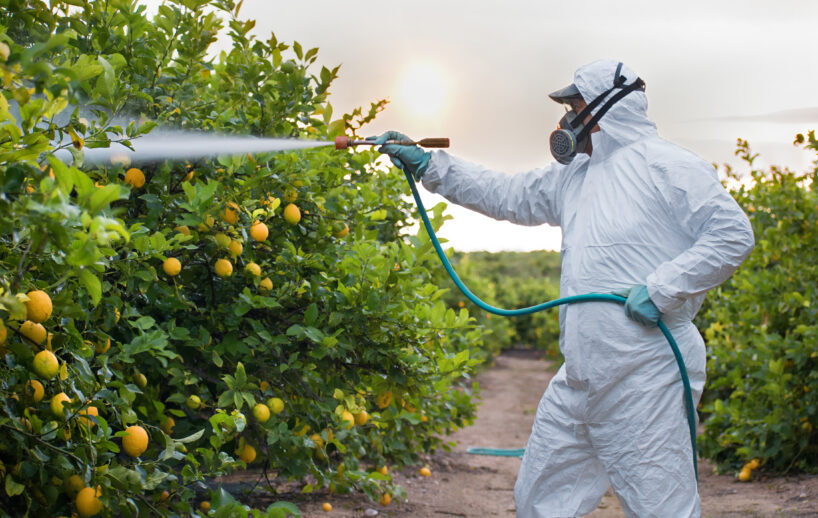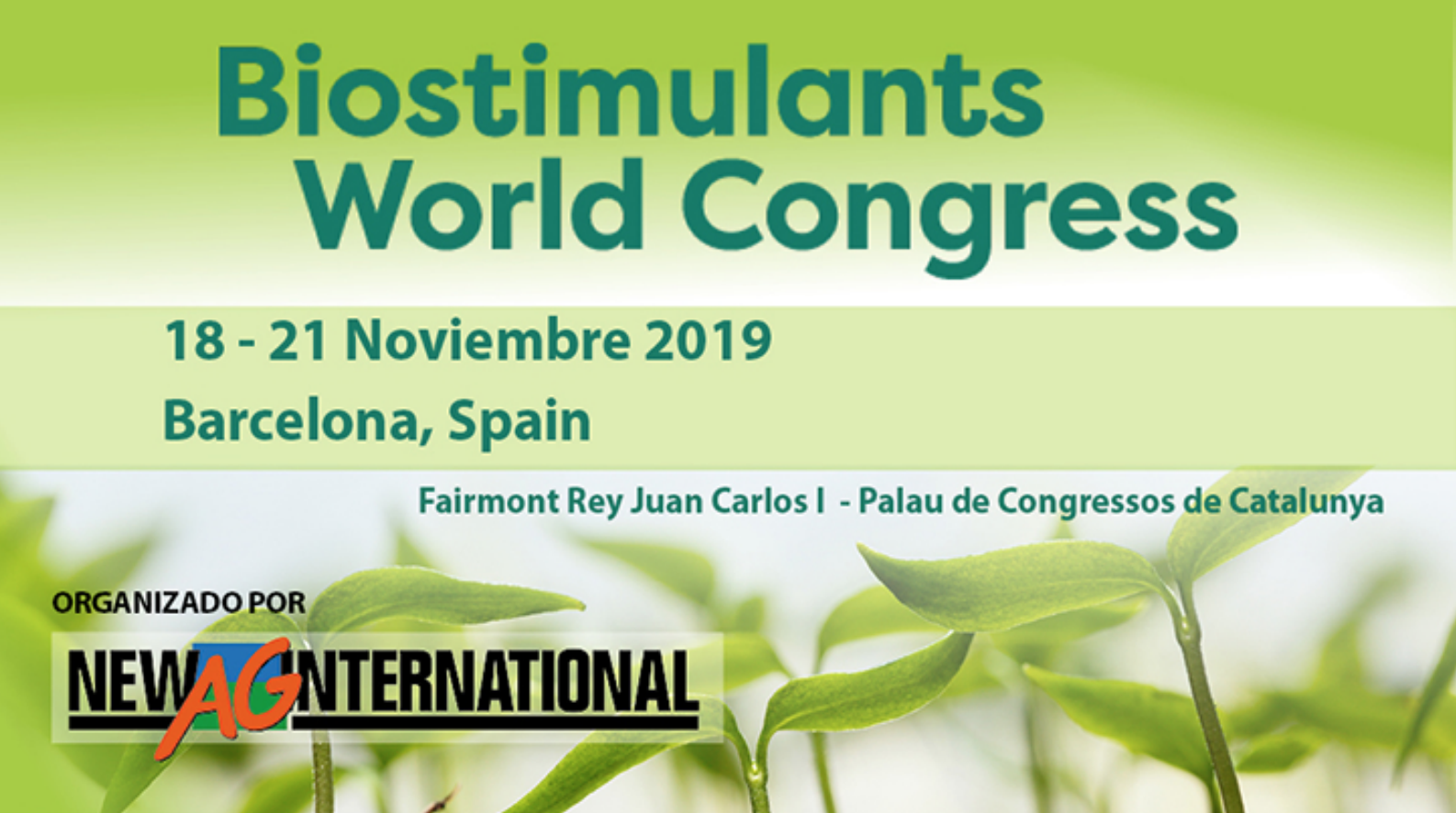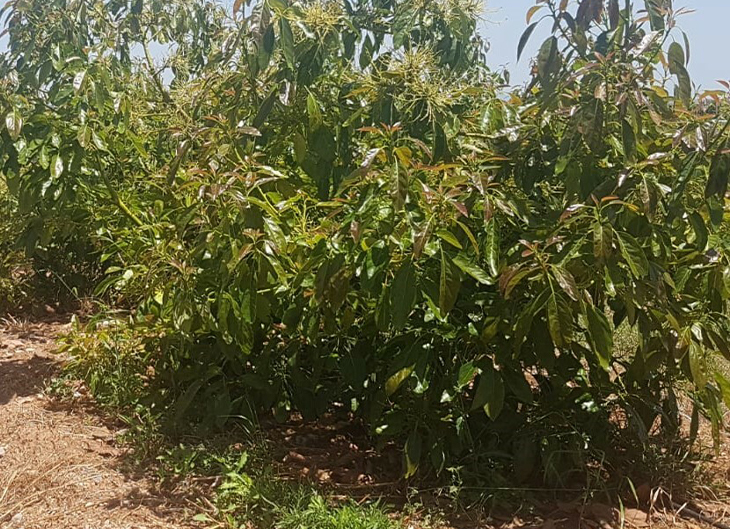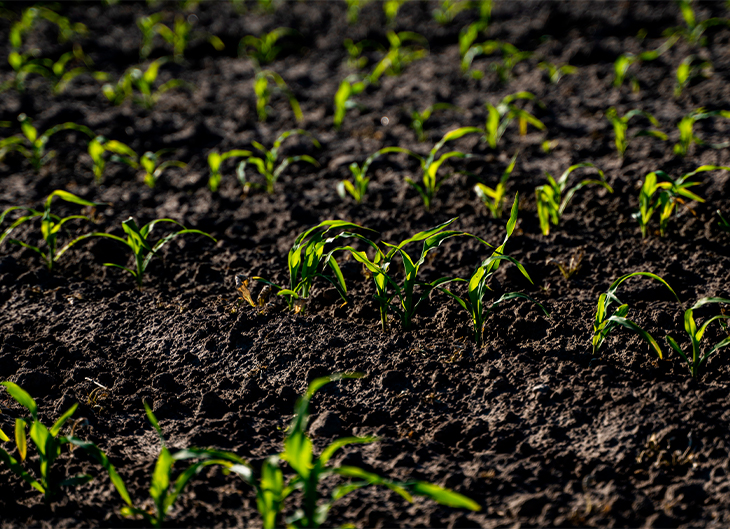
Opinion on the Regulation on the Sustainable Use of Plant Protection adopted by the European Committee of the Regions (CoR)
The opinion adopted by the European Committee of the Regions at its plenary session on 15 March calls on EU Member States to achieve more ambitious targets than those set out in the current proposal of the European Commission (EC) for the reduction of the use of plant protection products. These objectives should be aimed at helping farmers reduce pesticide use and associated risks through the introduction of specific measures, financed through the EU’s Common Agricultural Policy, into their strategic plans.
Local and regional leaders want to convey that failure to meet commitments to adopt the EU’s Farm to Fork Strategy and improved standards for sustainable food production will have serious consequences for the environment and could aggravate the economic effects of the climate and food price crisis. It is critical that farmers receive more support, for example through a new national pest management fund, which could be financed by a risk-based pesticide tax, contributions from retailers or periodic penalty payments.

Policies to be followed on the “Sustainable use of pesticides”
In the opinion on the ‘Sustainable use of pesticides’, the European Committee of the Regions lists 20 points on the policies to be followed by the EC and they are reflected in the amendments it proposes to the text of the Regulation on the Sustainable Uses of Plant Protection prepared by the EC.
European Committee of the Regions
On these points, the European Committee of the Regions:
- Supports binding targets to reduce pesticide use and associated risks, in line with the objectives of the Farm to Fork Strategy;
- Recalls that it called in its opinion on CAP reform for the inclusion in the CAP regulation of common, quantified, measurable and achievable European objectives in relation to national strategic plans by 2027, on the understanding that pesticide use in Member States should be reduced by at least 30 % compared to 2017;
- Is of the opinion that a sufficiently clear distinction should be made between the toxicity of pesticides and their quantity, and that account should be taken of the wide range of different toxicities, where, for example, indicators with the same weighting are currently classified in the same group for harmonised risk, in a differentiated manner according to the level of toxicity of the products;
- Calls for the National Action Plans (NAPs) to be sent to the European Commission so that it, with the support of a group of independent experts, composed in particular of representatives of civil society, can carry out their ex post control, in order to ensure the transparency of the procedures;
- Calls on that authority to re-examine the efficacy of authorised pesticides very regularly and to review the authorisations issued as soon as resistance appears within the populations of harmful organisms targeted by these products, in order to prevent any ineffective and therefore futile proliferation of the same;
- Calls on the EU to fund research projects on the combined impact of pesticides on human health and biodiversity, which is currently unknown;
- Notes that public and private research efforts in biological control and integrated pest management have made significant progress over the past ten years and now offer alternatives for 40 % of synthetic pesticide uses; expects the EU research programme to continue to increase its support for these programmes in order to achieve at least the target of halving pesticide use by 2030;
- Urges the EU to thoroughly review the approach based on the harmonised risk indicator so that the toxicity of pesticides, in particular, is resolutely taken into account, as is their quantity; calls on the EU to broadly validate the predictive effect of the harmonised risk indicator, or any other instrument adopted, and to ensure that reducing the calculated risk value actually leads to a reduction in the adverse impact of pesticides on the environment or human health;
- Urges the EU to comply with the judgment of the Court of Justice of the European Union of 1 October 2019 and to fund full experimental studies on the long-term toxicity of pesticides in their formulation before allowing them to be placed on the European market;
- Recalls that, in the context of the current crisis, it is necessary to prevent too rapid an adaptation process from compromising food security;
- Stresses that reducing the use of pesticides and their associated toxicity makes farms more resilient to economic, energy or environmental shocks;
- Points out, furthermore, that, in the context of the current crisis, lowering standards for sustainable food production could not only entail environmental costs, but also accentuate erratic price developments;
- Calls on the Member States to strengthen the measures in their national strategic plans to help farmers apply fewer pesticides and reduce the risks associated with their use;
- Regrets that the national strategic plans validated by the European Commission lack ambition as regards reducing the quantities of pesticides and especially the risks associated with them and, consequently, that they do not achieve the objectives set by the European Union;
- Calls on the Commission to ban the import of food treated with pesticides banned in Europe that endanger the health of citizens or pose a danger to the environment, with the aim of creating fair conditions of competition for European producers;
- For the sake of consistency with Regulation 1107/2009, calls on the Commission to prohibit the export to third countries of banned pesticides and/or their active substances;
- Reminds the EU institutions that, in the framework of the conference on the Future of Europe, citizens invited them to take decisive action to promote and ensure more environmentally and climate-friendly agriculture;
- Recalls the role played by European regions and local authorities in the implementation of the European Green Deal, in particular as regards the implementation and monitoring of the CAP;
- Calls on local and regional authorities to inform their fellow citizens of the dangers associated with pesticide use;
- Calls for a ban on the sale of the most dangerous chemical plant protection products to non-professional users;





